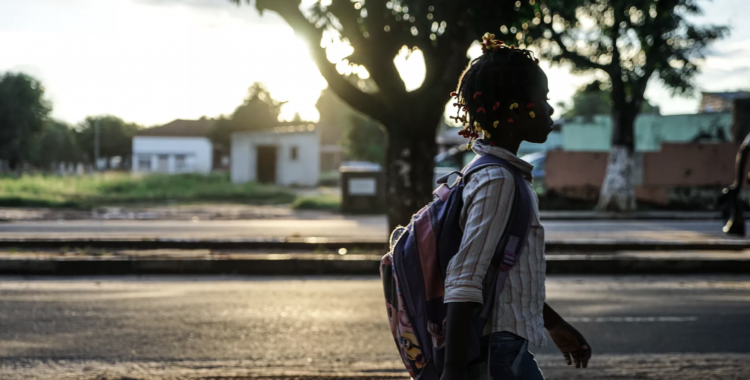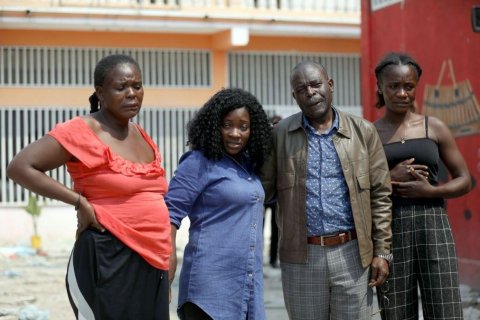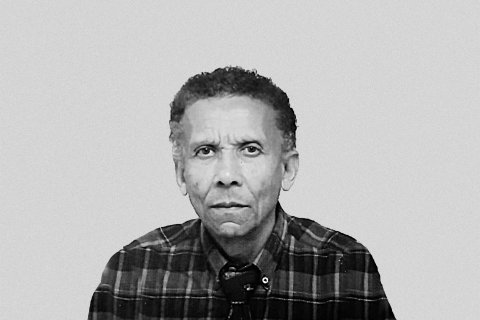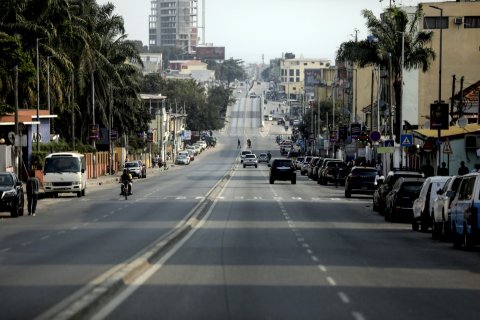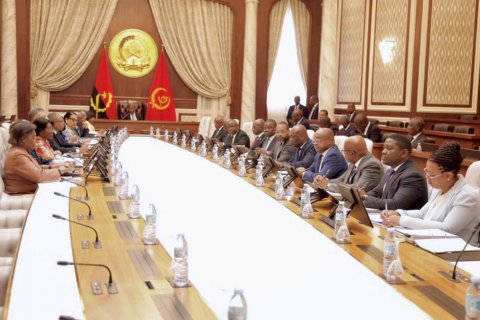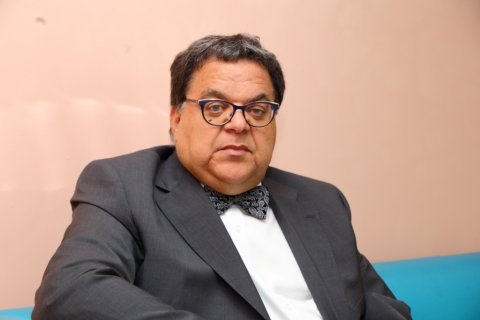Diassala André was one of the speakers at the session on "The Education System in Angola – Main Challenges and Opportunities" at the round table organized by the Ministry of Finance in collaboration with the United Nations Children's Fund (UNICEF) on the theme of "Investments in the Education Sector".
"Until we reach the 10 percent mark, many problems may remain, both from the perspective of the right to education and access and the right to quality education", he said.
According to Diassala André, there is a need to implement a curriculum transformation program, highlighting that the current one has been in force for about 20 years, with some specific adjustments, "but it is not common practice to have curricula that are more than ten years old".
The official also stressed the need to design new teaching materials to support teachers, as well as investments in adequate school infrastructures and the creation of suitable spaces.
"We need to create suitable spaces so that, (...) as is already the case in other countries in the region, students can go to school from morning to afternoon. We have three shifts and primary school students, mainly in the morning, are there from 7:30 am to 12:30 pm and the actual hours of learning and teaching are reduced to approximately two and a half hours, [so] it is difficult to achieve the objectives of the education system", he said.
Diassala André lamented that even with three shifts there are still classes "with 120 to 180 students for one teacher", reiterating the importance of increasing the budget for education, "involving partners, mobilizing all those who identify with the causes of education".
The director of the National Institute for Accreditation and Development of Education also considered that it is necessary to increase budget execution rates, regretting that, as in 2023, this year the respective budget quotas were not allocated in July, August and September, during a critical period for the sector, at the end and beginning of the school year.
"The main issue is to redirect properly and I believe that primary education should be a priority", argued Diassala André, noting that it is necessary to increase execution rates and that in times of austerity, they should take into account "the critical moment for the education system".
In turn, the national director for the State Budget of the Ministry of Finance, Edilásio Caleia, said that the event aimed to critically analyse the financing model for the education sector, "one of the most critical" in the economy due to its importance.
Edilásio Caleia highlighted that the proposed State Budget for 2025, the basis for analysis of this roundtable, increased the budget allocation for education by around 40 percent.
According to the official, the proposed State Budget for the 2025 financial year allocated 2.24 billion kwanzas, representing 6.5 percent of the total budget proposal, with a large part of the amount being used to reinforce the program to expand and improve primary and secondary education.
The official admitted that budget execution rates continue to be a challenge, stressing that it is necessary to analyze the main constraints, noting that in recent years there has been an average increase of around 18 percent.

